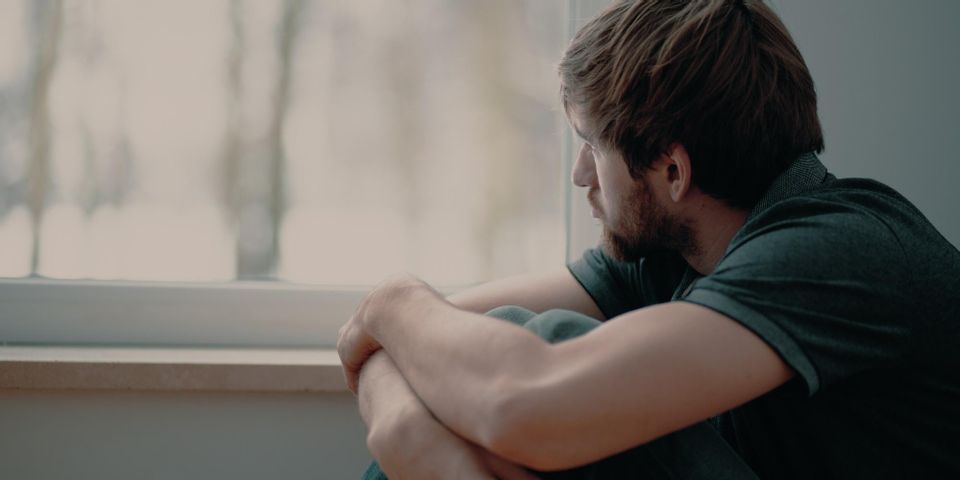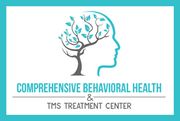The Differences Between Bipolar Disorder & Depression

Bipolar disorder and depression both include depressive episodes, prolonged feelings of hopelessness, worthlessness, despair, and, in some cases, suicidal thoughts. But these two conditions are not exactly the same, and if you or someone you love has recently been diagnosed with one of them, it can be helpful to understand their distinctions. Below, learn about some differences between bipolar disorder and depression.
Bipolar Disorder
 A significant factor that separates bipolar and depression is that bipolar includes periods of mania. Mania is a heightened state of awareness and activity, in which a person feels overly energized and easily distracted. The person is often more talkative, has racing thoughts, and requires less sleep than usual. They might also engage in reckless or risky behavior.
A significant factor that separates bipolar and depression is that bipolar includes periods of mania. Mania is a heightened state of awareness and activity, in which a person feels overly energized and easily distracted. The person is often more talkative, has racing thoughts, and requires less sleep than usual. They might also engage in reckless or risky behavior.
To meet the criteria for bipolar disorder, a manic episode must last at least one week. But this is only one facet of the condition; the other is a depressive episode, which encompasses all the usual symptoms of depression. The individual fluctuates between these two moods, which will look, to others, like extreme mood swings. Oftentimes, individuals will go weeks or months without either type of episode.
Depression
With depression, there is no component of mania. Major depressive disorder describes a depression that lasts for at least two weeks, typically accompanied by a marked reduction in energy and activity. There may also be weight loss or weight gain, sleeping too much or too little, fatigue, an inability to concentrate, or recurring thoughts of guilt, shame, desperation, and powerlessness.
Another common element of depression, which is not seen during the manic phase of bipolar disorder, is thinking about ending one's life, either in a general sense or with a defined plan of action.
Both bipolar disorder and depression are serious illnesses that can benefit from professional guidance and care. Comprehensive Behavioral Health has been helping clients throughout Staunton, VA, since 2001. They offer behavior health services and support for a variety of conditions, including anxiety disorder. They’re dedicated to helping you get back to you and to a place of balance and fulfillment. Call (540) 688-2646 to schedule an appointment or visit them online to browse their services.
About the Business
Have a question? Ask the experts!
Send your question

